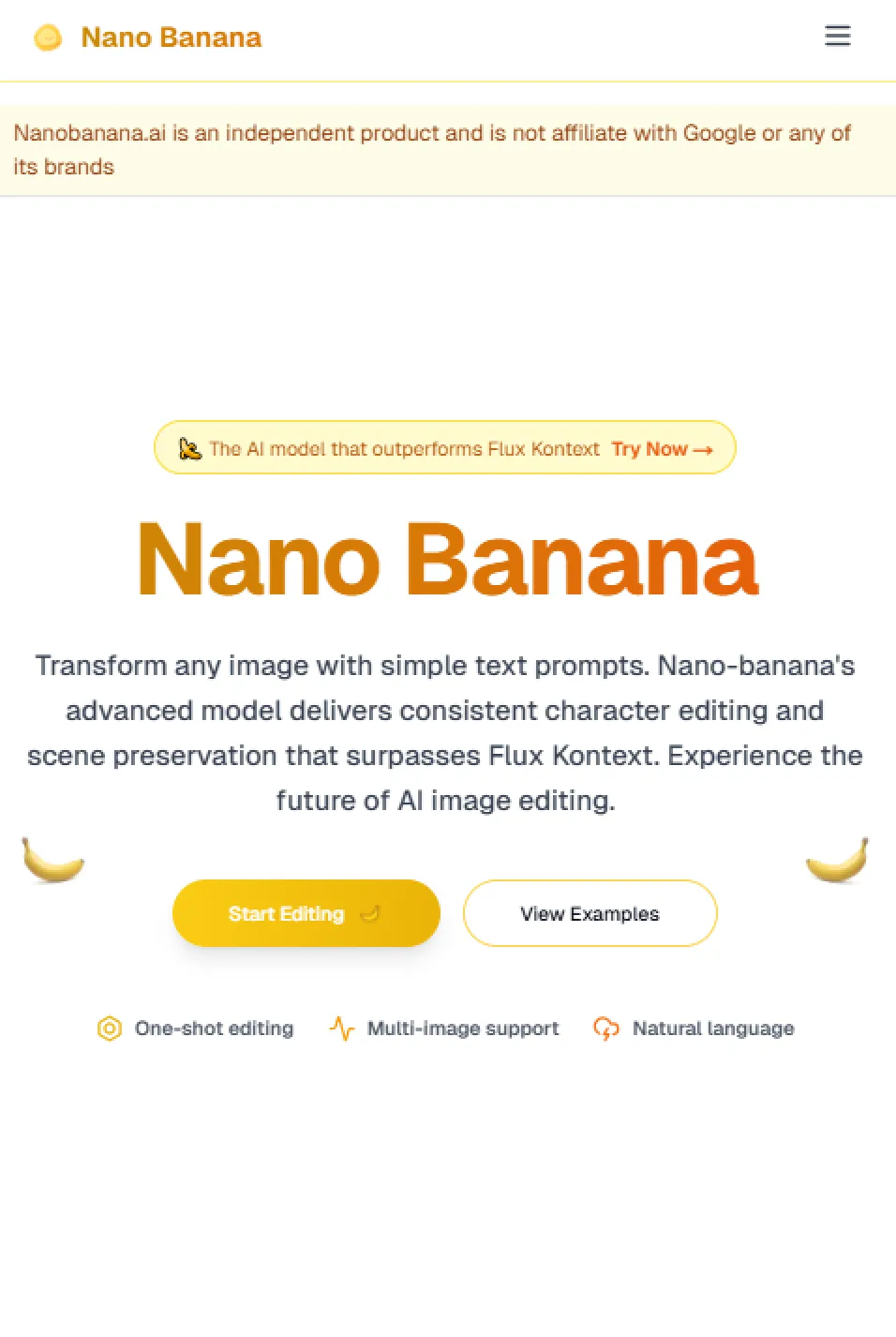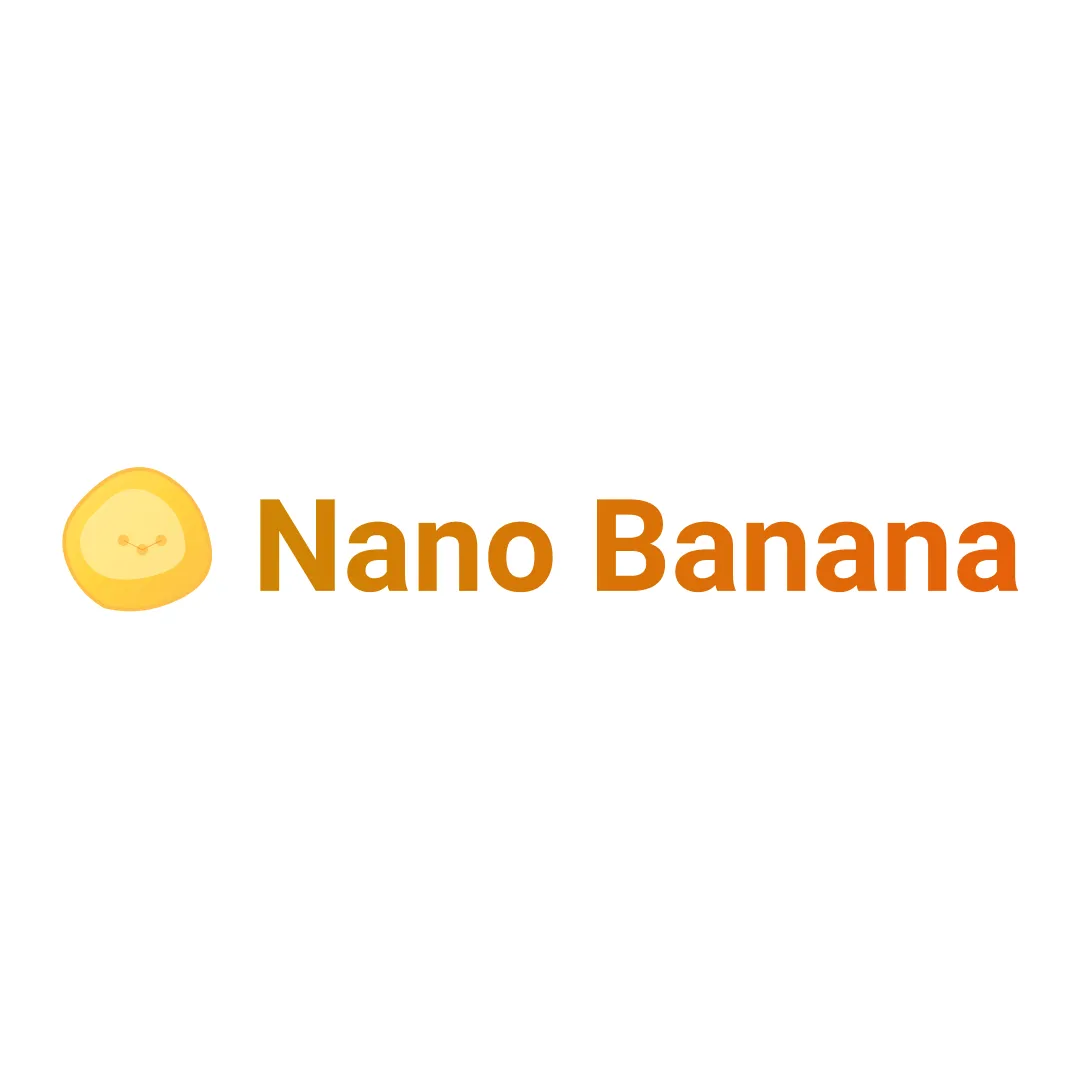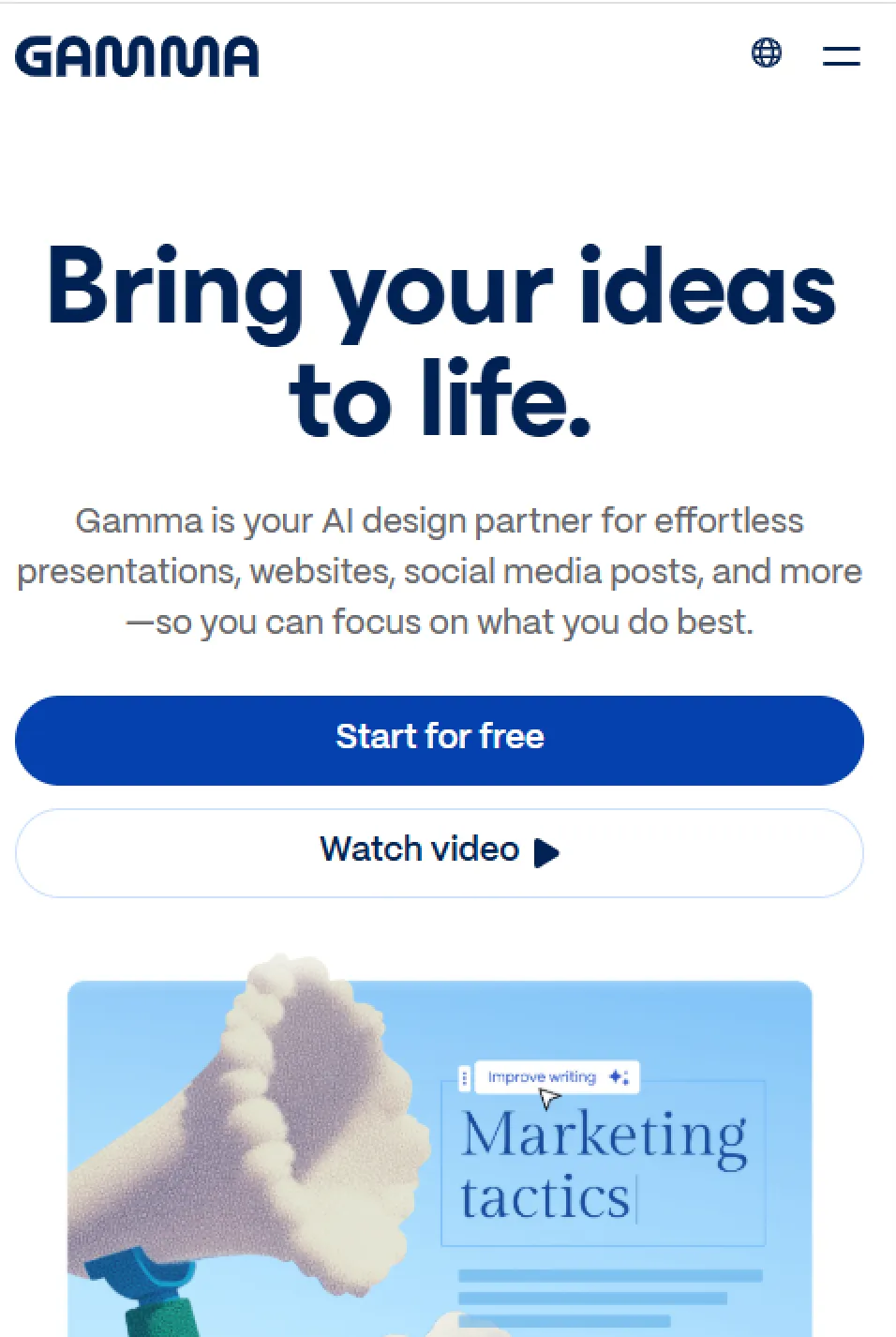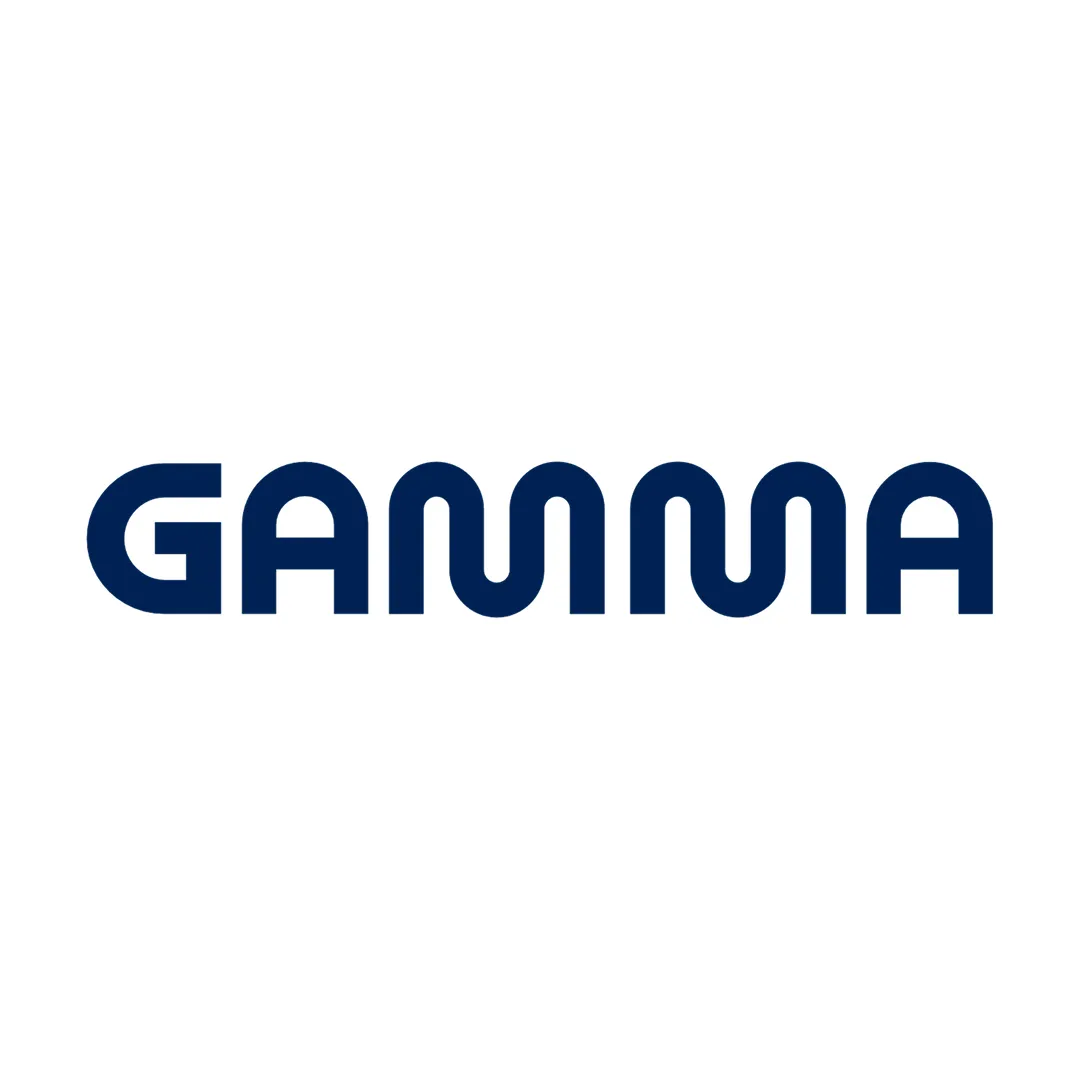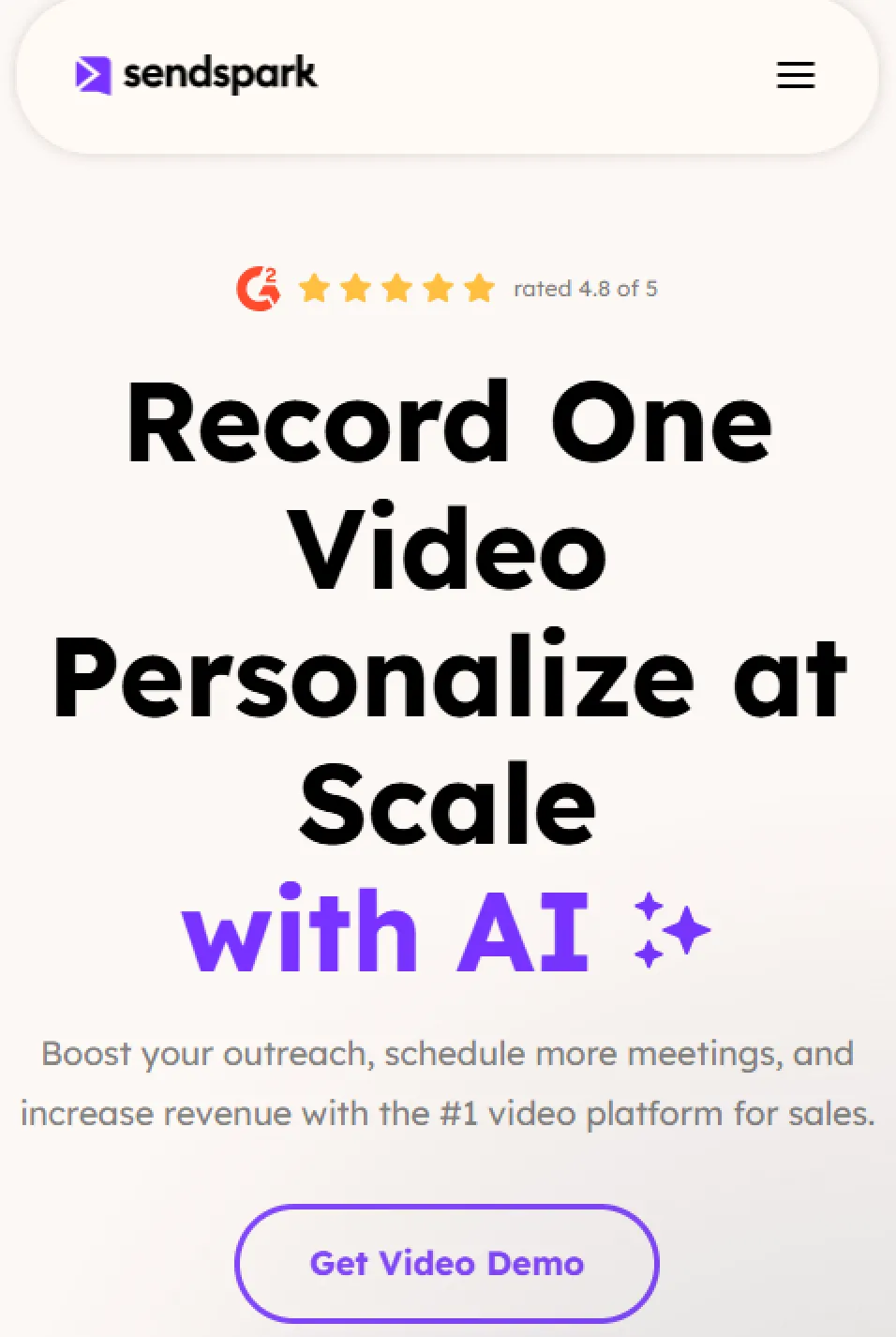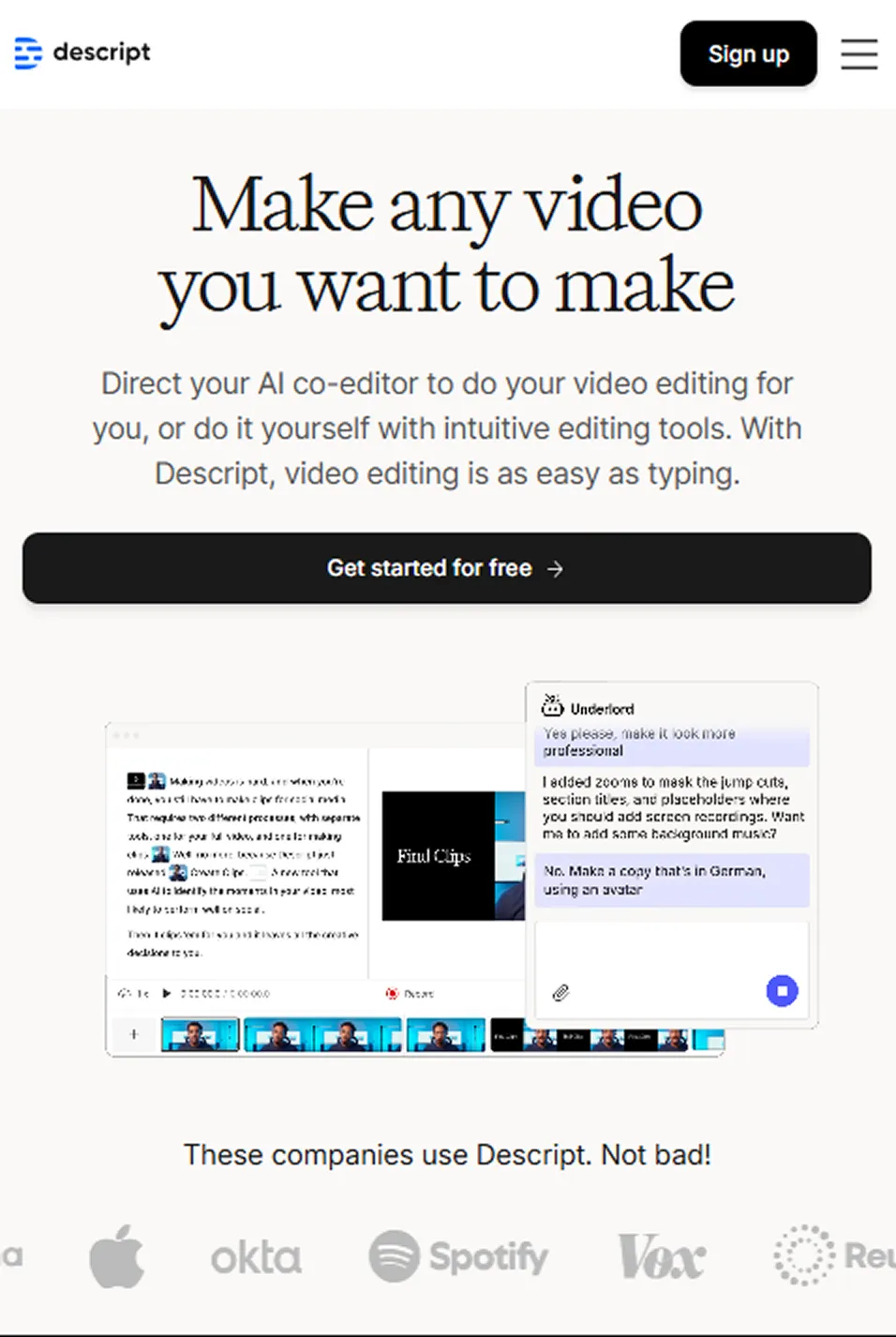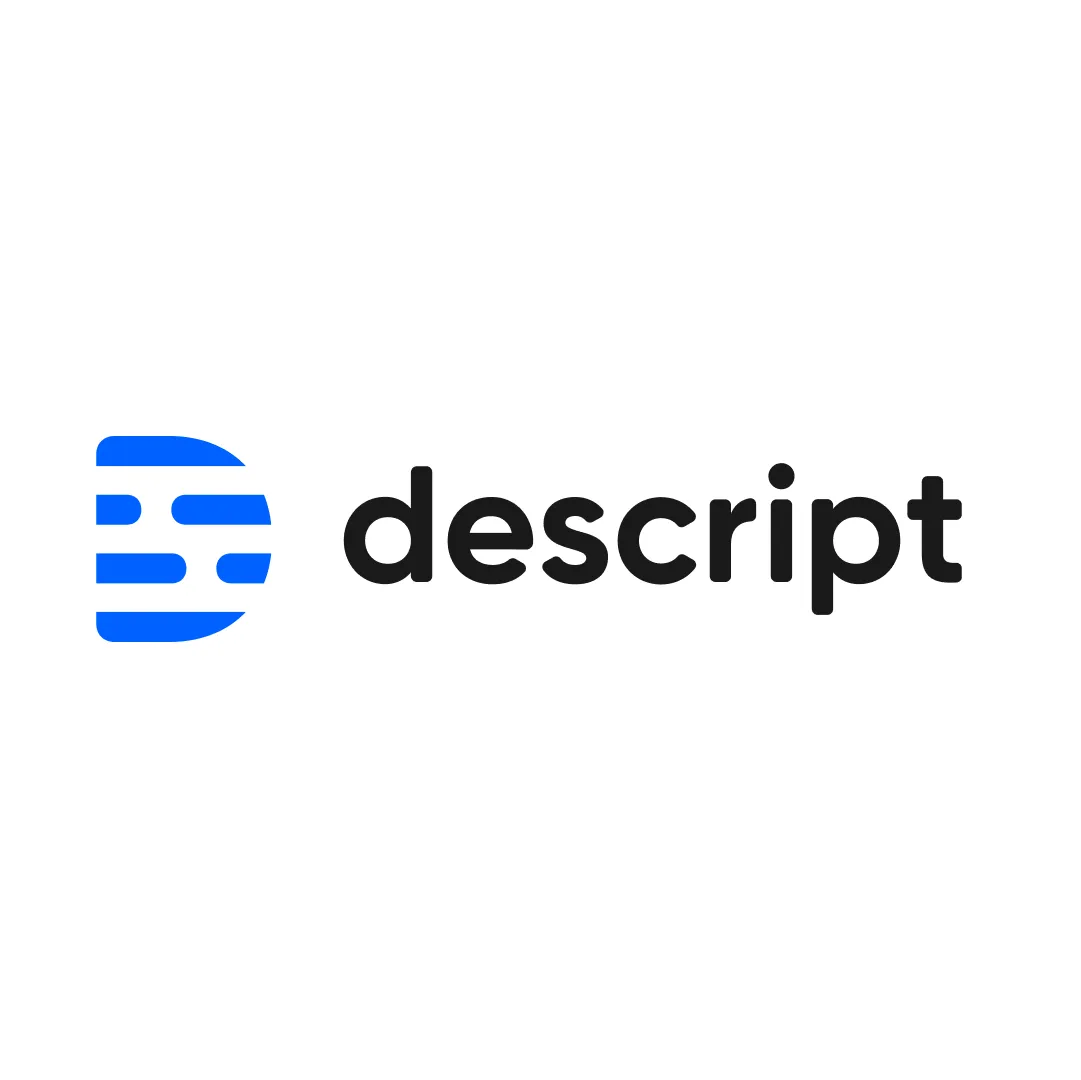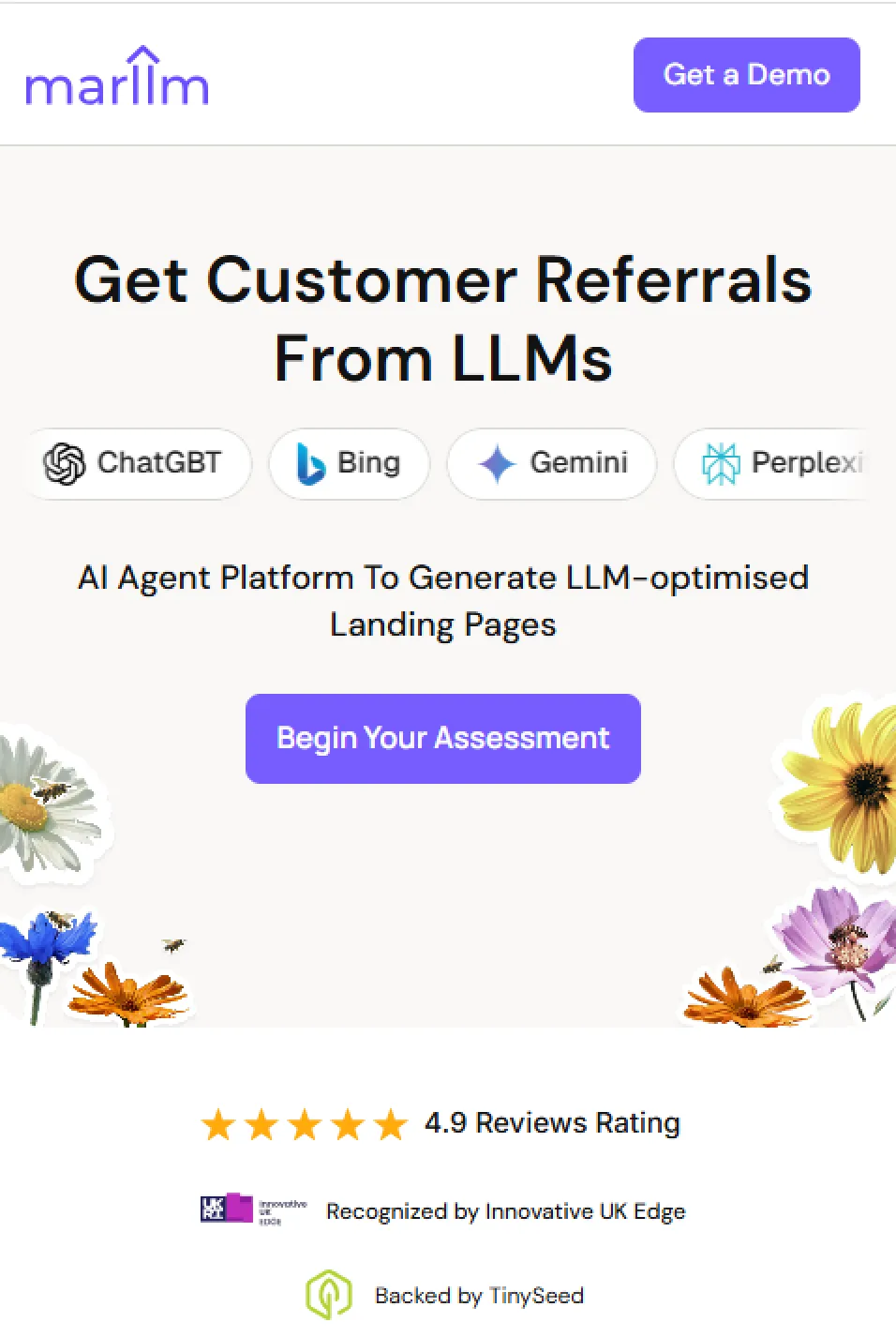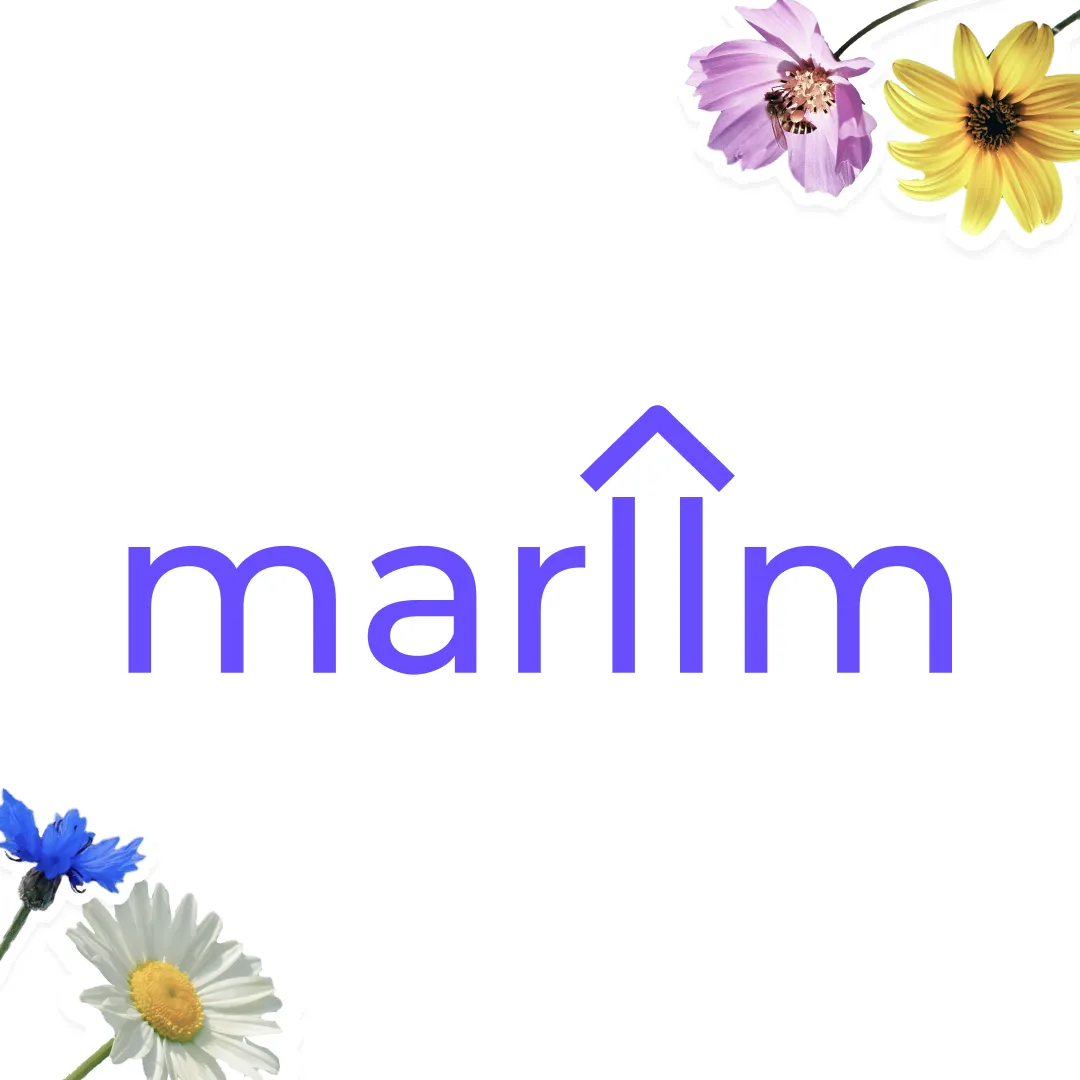The Digital Marketing Evolution
The landscape of digital marketing is experiencing a profound shift, primarily driven by advancements in artificial intelligence. For seasoned organic growth leaders, understanding this evolution is key. With 18 years in the digital marketing arena—including pivotal roles at influential agencies like Razorfish and NBC—Jonathan Clark transitioned to entrepreneurship by co-founding Moving Traffic Media. This journey not only highlights their hands-on experience but also reflects a broader change in how SEO practices are conducted today.
The AI Revolution in Action
One of the most noticeable transformations brought by AI is the acceleration of SEO tasks. Previously, creating optimized content for ecommerce platforms could consume hours; now, it takes mere minutes. For instance, consider a case study involving a client in the eCommerce sector. Their team utilized a custom GPT model tailored with brand guidelines to streamline product description creation. What was once a lengthy process has now been condensed into a 15-minute task. This shift not only enhances productivity but also fosters stronger client relationships due to quicker project turnarounds.
Beyond Speed: Strategic SEO Integration
Speed is essential, but AI's integration into SEO strategies takes it to another level. As product descriptions are auto-generated, so too are SEO-critical elements like title tags and meta descriptions. This ensures that each client’s content is not only unique but also optimized for search engines right from the inception. By exporting this information into ready-to-upload CSV files, project timelines shrink dramatically, allowing for seamless product launches without delays.
The Critical Human Element
Despite the impressive efficiencies AI brings, the critical need for human oversight remains. A common challenge in AI-driven content generation is managing inaccuracies—instances where the AI may produce “hallucinations.” The marketing expert emphasizes that a thorough manual review is crucial, as neglecting this step can lead to subpar outcomes. Thus, the synergy between AI's efficiency and human intuition forms the cornerstone of a truly effective SEO strategy.
The Future Vision: Custom Client LLMs
As we look forward, the potential for client-specific language models (LLMs) emerges as an exciting frontier. Imagine a scenario where AI systems are finely tuned to an individual client’s voice, complete with comprehensive industry regulations. Such models would eliminate the cumbersome process of constant prompting and would provide a level of personalization and accuracy that is vital in regulated industries like healthcare and finance.
Current Limitations and Market Gaps
While tools like ChatGPT can deliver substantial insights, the gap often lies in the necessity for precise prompts. The nuances of industry language are vital; for example, in the insurance sector, terms must be carefully chosen to align with regulations. Client-specific LLMs could revolutionize the way businesses approach content creation, reducing friction and accelerating the process of engaging with target audiences.
The Transformation Ahead
As AI technologies continue to evolve, agencies that embrace this evolution will be at the forefront. A balanced approach—where AI capabilities support human creativity—will define the leaders in the digital marketing landscape.
In conclusion, the message for organic growth leaders becomes quite clear: embrace AI not as a replacement for human insight, but as a partner in driving excellence in strategy and execution. The path ahead is fraught with opportunities, and those who navigate it skillfully will redefine success in the evolving world of SEO.






